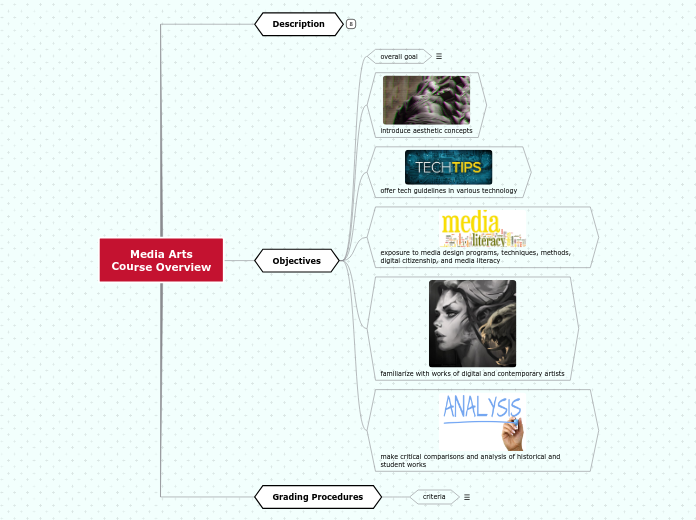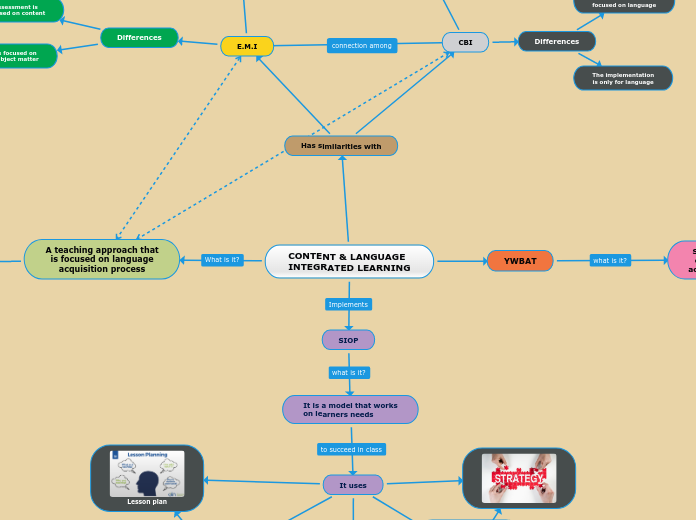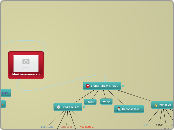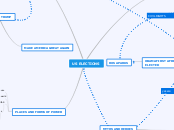Media Arts
Course Overview
Grading Procedures
criteria
Design Components: Specific objectives relative to each project will be stated at the beginning of each assignment or unit of study
Media Applications: use of media, techniques, materials; technical execution/craftsmanship
Communication and Composition: Aesthetic and conceptual quality of finished work
Homework Policy:
In art class, homework includes generating, researching, exploring, and selecting ideas to be used as class projects. It is important that students explore ideas at home when they have quiet “think time.” The initial spark of an idea or concept may best be devised at home. Days wasted trying to get an idea during class studio time are often the cause of an unfinished project.
Make-Up Policy/Late Work:
Make-up work and tests are allowed for students who have obtained a re-admit slip from the Attendance Office, by turning in an appropriate written excuse. The responsibility for arranging makeup tests and work rests with the students and must be scheduled at the conveniences of the teacher within three days of the students returning to class and completed within five days upon return. A student may not miss one class in order to complete or make up work in another class without prior approval from both teachers. Students will lose 5 points a day for work that is turned in late each day after the due date.
Equipment Policy
Students who need to check out equipment (cameras, tri-pods, lenses, etc) must complete a form to do so. Students are responsible for the entire cost of checked-out equipment if it is lost, broken, or stolen.
Objectives
make critical comparisons and analysis of historical and student works
familiarize with works of digital and contemporary artists
exposure to media design programs, techniques, methods, digital citizenship, and media literacy
offer tech guidelines in various technology
introduce aesthetic concepts
overall goal
The overall goal of this course is to develop verbal, visual, and technical skills essential for planning, executing, critically analyzing, and evaluating works of art as well as expanding the student’s problem-solving abilities which include working within required and self-imposed limitations.
Description
aestethics
raising questions about the nature of art
art criticism
interpreting and evaluating visual images
studio
develop creative abilities for making art
opportunity to express creativity as well as divergent thinking and creative problem solving
number of credits - 4









